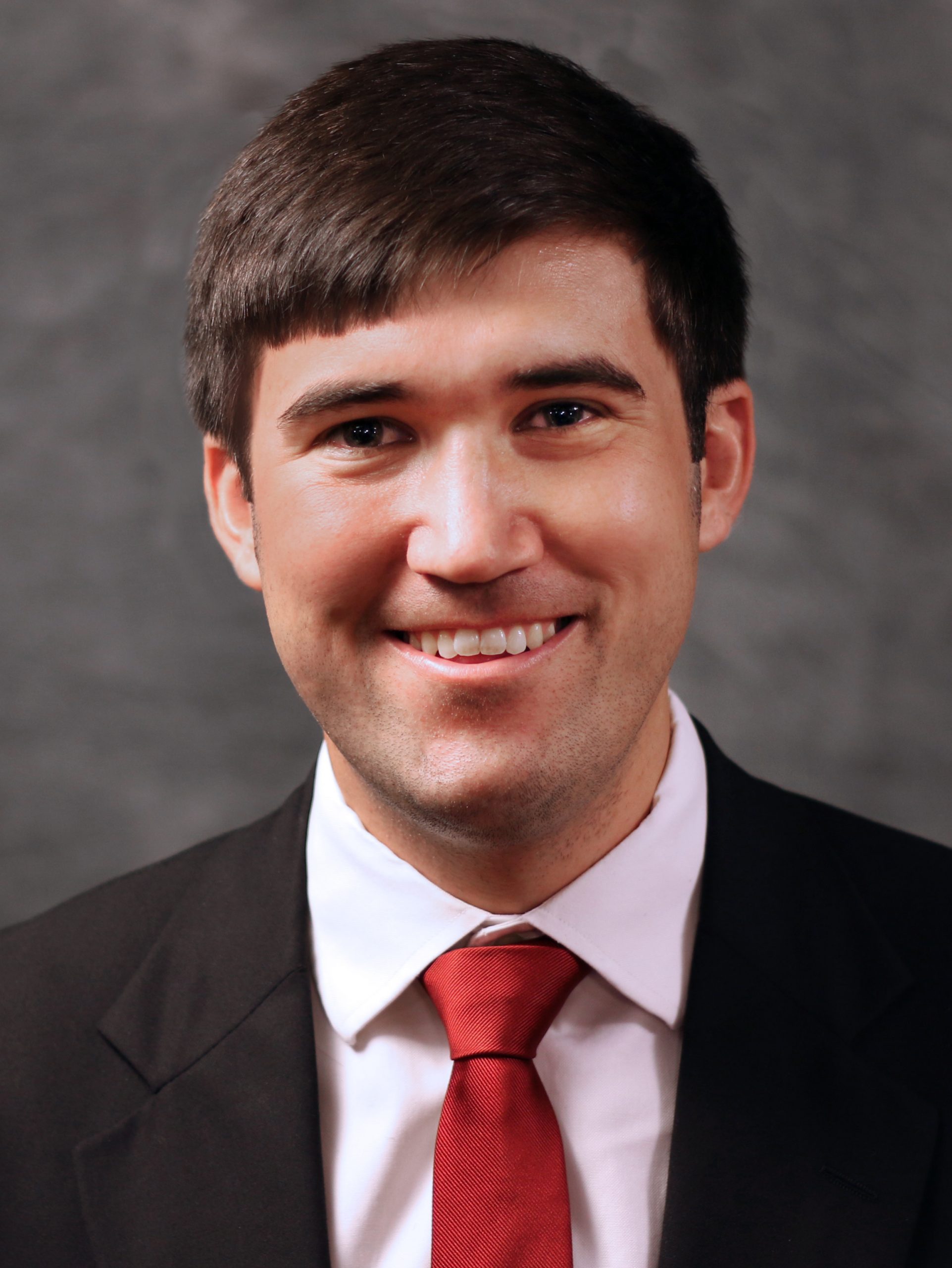Racing To The Wrong End Zone – In Transportation Funding
As first appearing in the Columbia Tribune:
In the 1929 Rose Bowl, the speedy Roy Riegel of the University of California football team achieved immortality in the annals of college sports when he picked up a fumble, bounced off a tackler, and raced 69 yards – in the wrong direction.
In picking up another loose football — namely, what to do about a sudden decline in revenues for transportation infrastructure — it now seems Missouri policy-makers may be about to duplicate “Wrong Way” Riegel’s feat. In hoping to correct a severe budgetary problem at the Missouri Department of Transportation (MoDOT) through a statewide 10-year, 1 percent sales tax, the Missouri Legislature is pointed in the wrong direction from a policy viewpoint — one that can only result in inefficiency and waste and undermine the department’s ability to maintain and improve the road system.
How bad is MoDOT’s funding situation? Just a couple of years ago, MoDOT had $1.3 billion annually to spend on road and bridge improvements. In 2014, after closing three district offices and 131 facilities, MoDOT has just $685 million. Because of that drastic decrease, MoDOT can only maintain, not advance, Missouri’s road and bridge system. By 2017, that number will fall to $325 million, which is less than the $485 million the director claims is necessary to maintain the existing transportation system.
MoDOT did not get in this position overnight. Historically, the bulk of the department’s revenues came from fees imposed on drivers, most importantly, the 17-cents per gallon state gas tax. However, there has not been an increase in the gas tax since 1996. Meanwhile, cars have become more fuel-efficient — decreasing MoDOT’s revenue stream — while the cost of labor and material has increased. Despite all that, MoDOT was able to increase construction spending in the recent past due to increased borrowing (with several big bond issues) and a sudden influx of federal stimulus dollars. In effect, Missouri drivers received new roads and bridges without creating the tax base necessary to pay for them. With the bond money spent and the stimulus finished, MoDOT must continue to downsize, or find other sources of revenue.
At a Jan. 23 conference in Jefferson City, MoDOT’s director, Dave Nichols, joked that while he used to be an engineer, now he is in sales, marketing, and fundraising — doing whatever he can to postpone financial Armageddon. He did not propose a specific fix, but others did — voicing overwhelming support for the 1-percent sales tax.
Through House Joint Resolution 68 (HJR68), the Missouri Legislature is prepared to take the same approach — proposing a vote on a constitutional amendment next fall to implement the sales tax. While some of the money from the tax would go to localities to use as they wish, the vast majority would go to bailing MoDOT out of its continuing financial crisis.
A 1 percent sales tax is not an economically sound way to fund roads and bridges because it disconnects the cost of the roads from the use of the roads. Paying for highways based on how much people shop, and not how much they drive, creates a free-rider problem. It promotes congestion, road degradation, and sprawl. It also is fundamentally unfair to force occasional drivers to pay as much or more for new roads as daily commuters and interstate trucking companies.
There is a better solution: Raise the gas tax to adjust for inflation and implement tolls on major highways. These user-generated fees greatly reduce the free-rider problem inherent in a transportation sales tax. Increasing the gas tax to its inflation-adjusted level would increase road funding in Missouri by up to $300 million per year while simultaneously reducing MoDOT’s long-term costs. Tolling major highways and bridges, such as I-70, would enable major improvements financed through public-private partnerships. Toll roads can also control congestion through variable pricing systems. By charging drivers for the roads they use, tolls and gas taxes are a fair and economically sound solution to MoDOT’s funding problems.
If the Missouri Legislature and voters approve a statewide 1 percent sales tax, it will only be a temporary fix. When the tax expires, Missouri will face an even worse problem than it does today — after 10 years of running in the wrong direction.
Joseph Miller is a policy researcher at the Show-Me Institute, which promotes market solutions for Missouri public policy.


